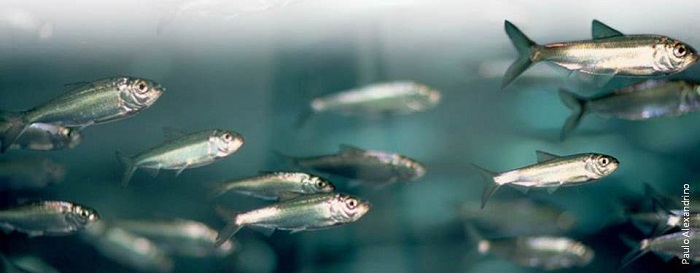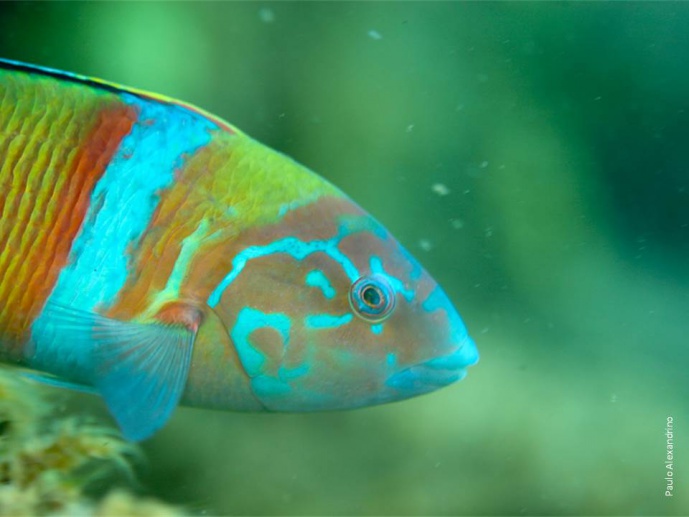Marine Ecology, Diversity and Change - COASTALWARMING

MarChange is a multidisciplinary group that focuses on improving the understanding of how ecological and genetic patterns are connected to environmental complexity and change. Our research brings together a variety of disciplines, including experimental and quantitative ecology, behaviour, physiology, population genetics, climatology, biogeography, and electronics and modelling. Our target organisms are marine and anadromous species, from intertidal invertebrates to large pelagic predators.
The group has two research lines. The objective of research line 1 is to understand how processes acting at the individual scale are aggregated into species- and community-wide patterns of ecological attributes (movement, distribution, survival, etc.). For example, we have used individual movements of marine predators to test ecological theories about behavioural strategies, thus revealing convergent patterns across taxa. Behavioural data from tagged sharks has also been used not only to identify short- and long-term influences of fishing on animal populations, but also to understand climate related impacts of ocean deoxygenation on habitat selection. Also, by improving our understanding of how microclimate conditions drive the physiology of rocky shore invertebrates, as well as of the broad-scale patterns of the microclimates themselves (e.g. global upwelling regimes and trends), we were able to forecast impending ecological consequences of climate change.
The group has two research lines. The objective of research line 1 is to understand how processes acting at the individual scale are aggregated into species- and community-wide patterns of ecological attributes (movement, distribution, survival, etc.). For example, we have used individual movements of marine predators to test ecological theories about behavioural strategies, thus revealing convergent patterns across taxa. Behavioural data from tagged sharks has also been used not only to identify short- and long-term influences of fishing on animal populations, but also to understand climate related impacts of ocean deoxygenation on habitat selection. Also, by improving our understanding of how microclimate conditions drive the physiology of rocky shore invertebrates, as well as of the broad-scale patterns of the microclimates themselves (e.g. global upwelling regimes and trends), we were able to forecast impending ecological consequences of climate change.
Research line 2 focuses on understanding patterns and drivers of population diversification and speciation. For example, a genetic framework was developed to identify and characterise lineages of fish parasites, providing tools for early diagnostic of diseases to the benefit of aquaculture industry. A multi-species approach was also used to investigate population structuring of marine fauna in the eastern Atlantic-Mediterranean transition zone, contrasting marine invertebrates with different dispersal abilities and life traits.
